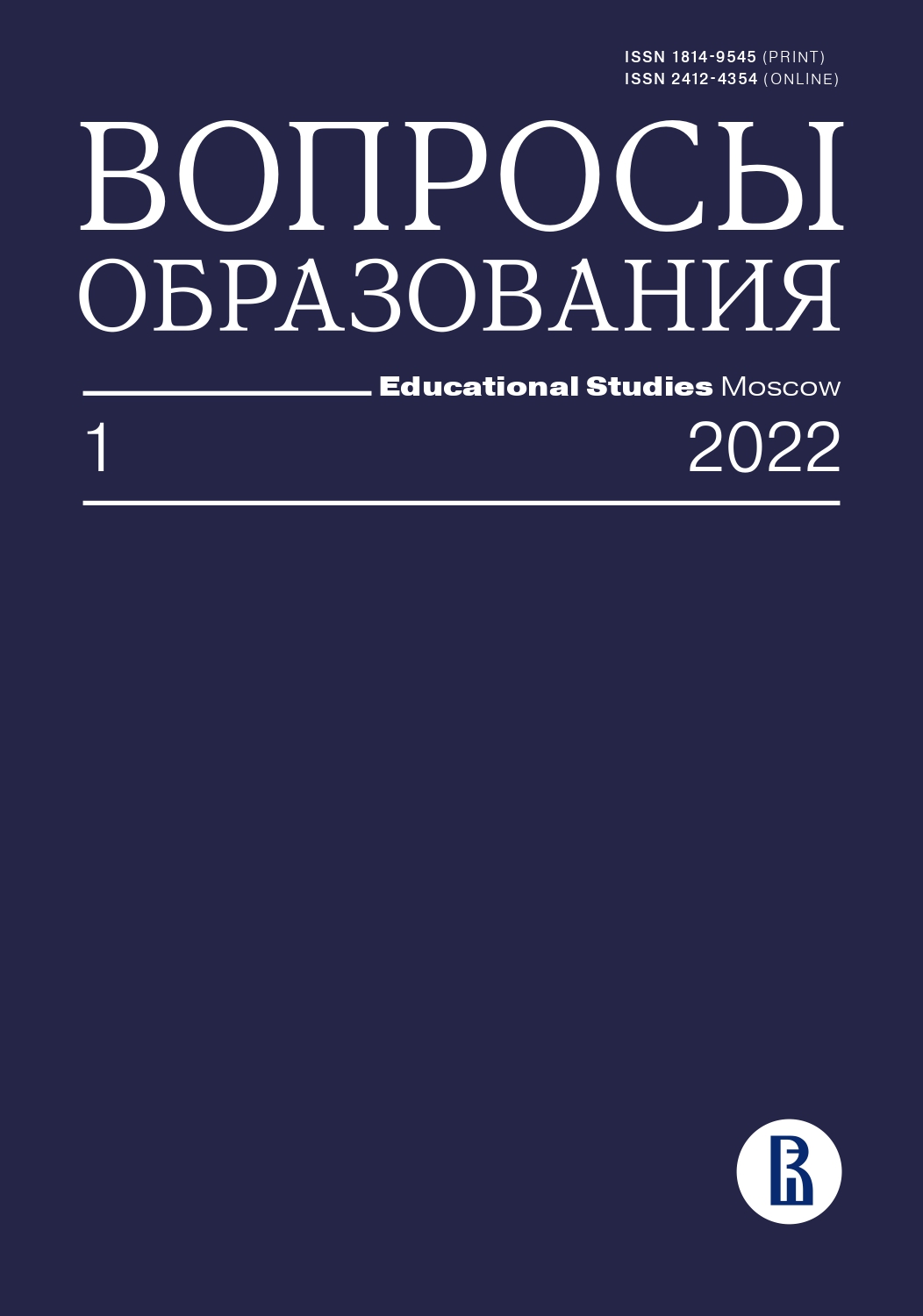Инклюзивное образование в пространстве постсоциализма: сравнительный анализ родительской удовлетворенности
Аннотация
После распада СССР образовательные системы бывших союзных республик развиваются независимо друг от друга и имплементируют в практику новые правовые и профессиональные нормы. Многие из этих норм имеют универсальный характер, в частности принятие инклюзии и обеспечение равенства доступа к образованию для всех категорий населения, в особенности доступа к среднему и высшему образованию для детей с различными формами инвалидности.
В данном исследовании на основании результатов опроса родителей школьников в Армении, Белоруссии, Грузии, Казахстане, России, Таджикистане, Узбекистане и Украине оценивается удовлетворенность родителей детей с особыми образовательными потребностями и без таковых обучением их детей в инклюзивных школах. Сделан вывод о том, что родители относятся к инклюзивному образованию скорее положительно, причем как родители детей с инвалидностью, так родители детей, не имеющих особых образовательных потребностей, хотя основной запрос на инклюзивное образование исходит именно от родителей детей с инвалидностью. В большинстве стран опрошенные оценивают ситуацию в инклюзивных школах как небезупречную, в частности они не удовлетворены квалификацией учителей. Проведенное исследование свидетельствует о том, что страны постсоветского пространства крайне неоднородны по показателям родительской удовлетворенности инклюзивным образованием и находятся на разных этапах его развития.








